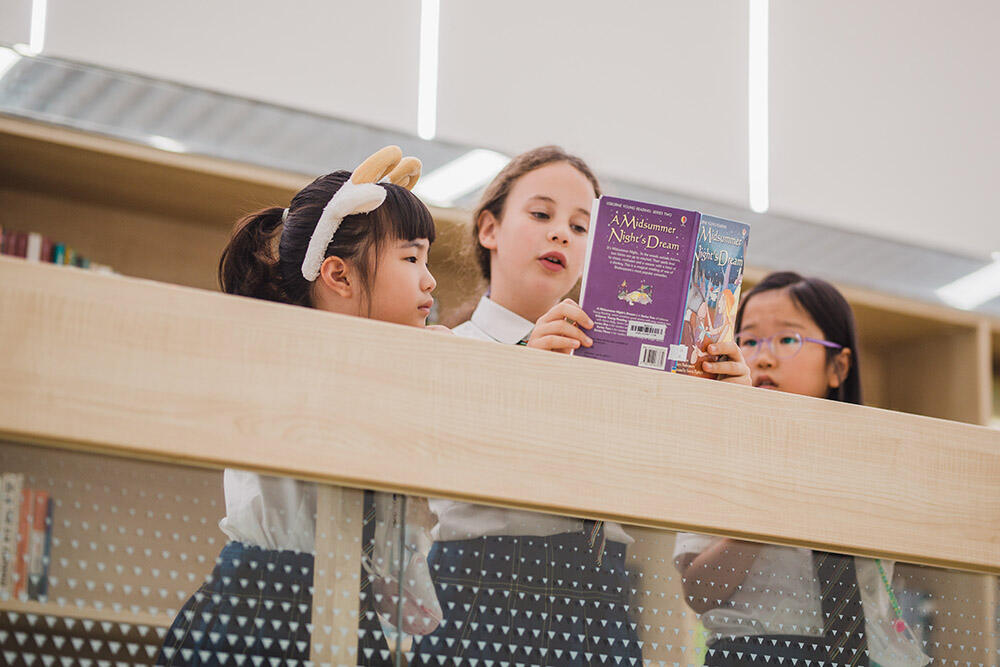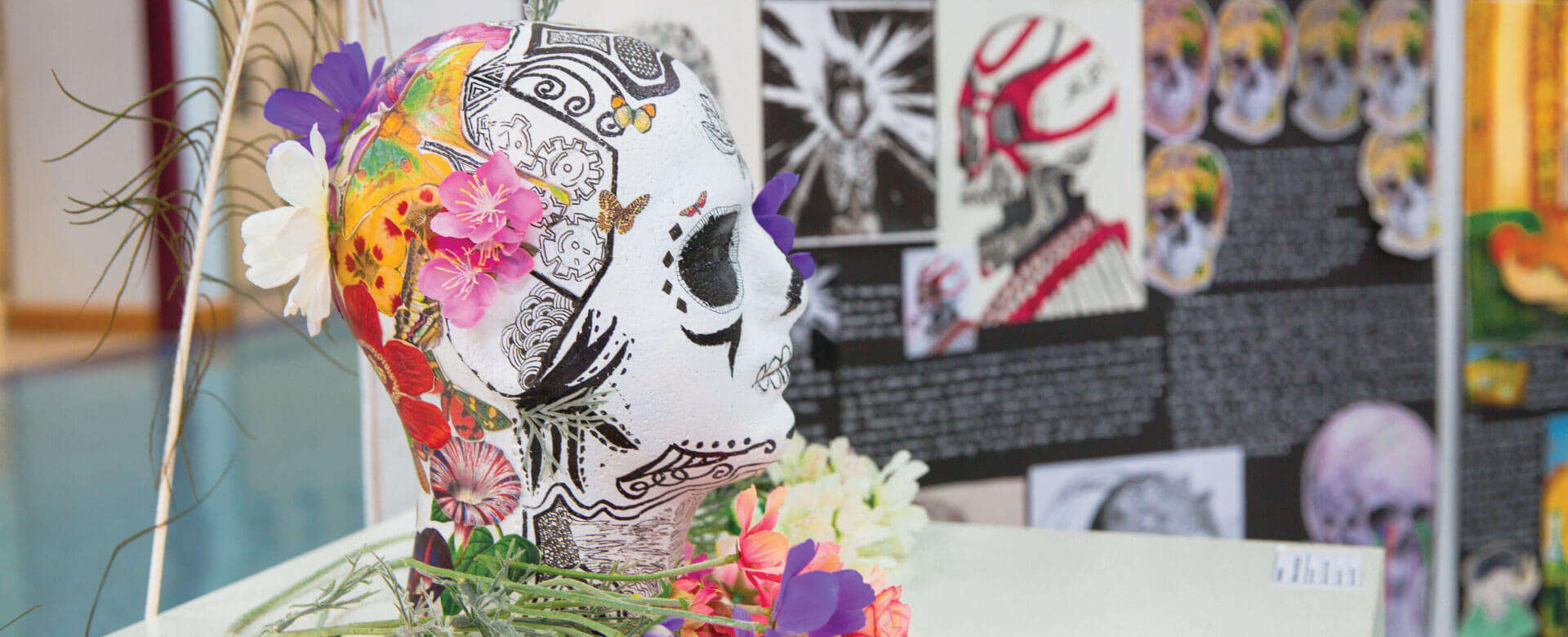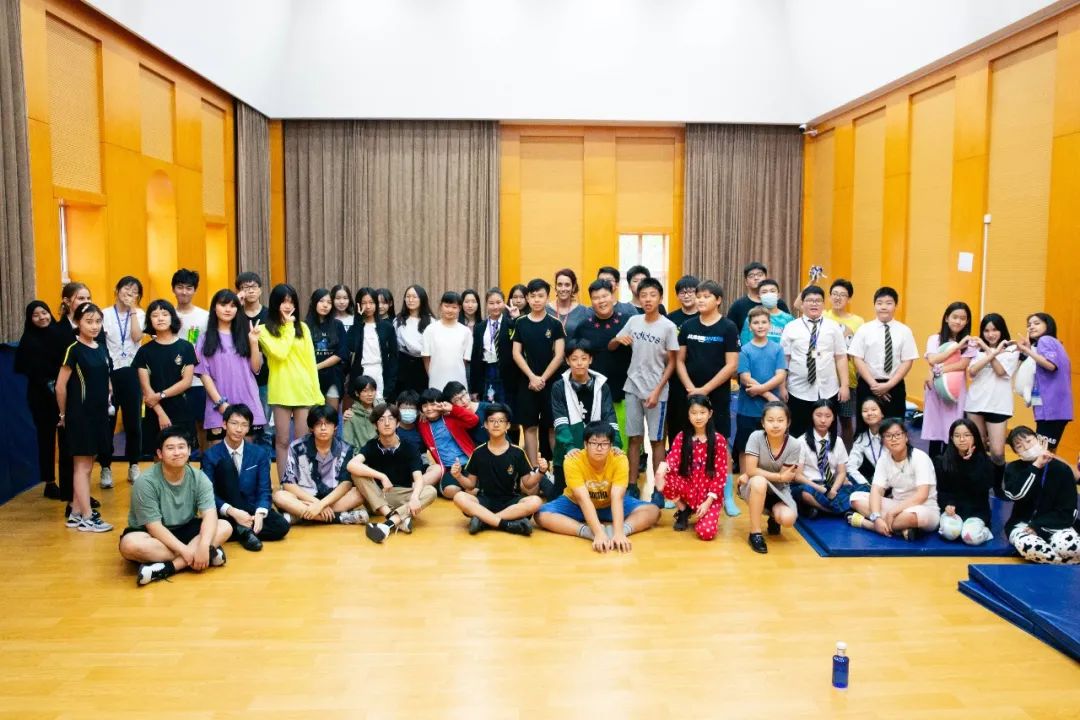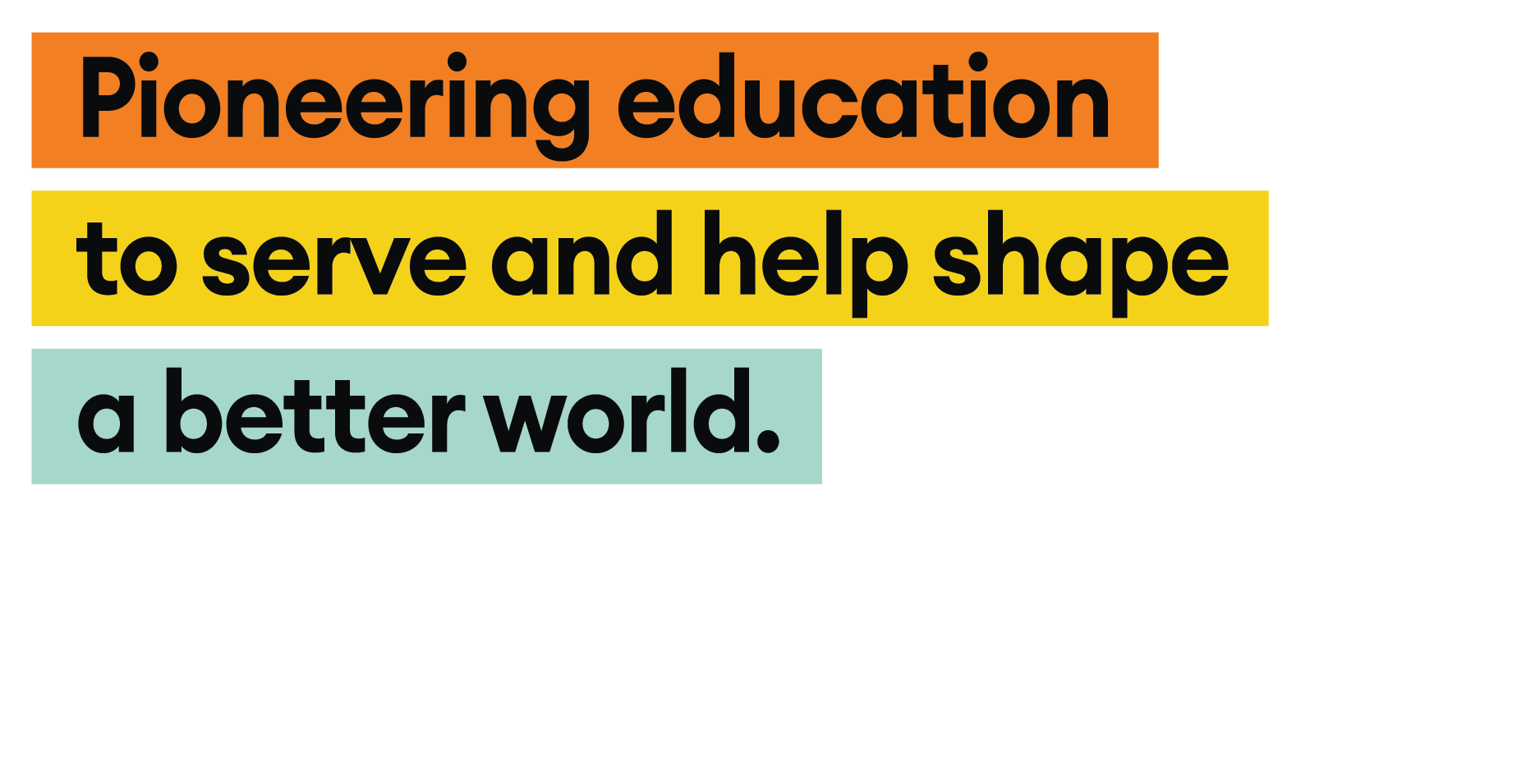Educational Insights丨The importance of Service Projects

From the Master
Julian Jeffrey
If there has been any major positive to be drawn from the pandemic year, it is that a commitment to service towards others has become such a key priority for the school community. There have been long-standing service-learning projects such as the thriving International Duke of Edinburgh award scheme in place for a number of years, but the Covid-19 disruption has given us all a chance to reassess our support for those beyond Wellington. In part, this has been given expression in fundraising projects, including the virtual triathlon which sought to link Tianjin to our sister school in Hangzhou, some 1220 kms away, the dreaded ‘Movember’, pink ribbon events in October to raise awareness and funds for breast cancer research, and the series of sponsored walks throughout 2020. The school raised almost 75,000RMB in just six months from April 2020, once we were able to reopen the school.
Fundraising aside, we felt the school was ready to take on a more hands-on approach to supporting local communities. Thanks to the generous support of our benefactor and governor, David Mallinson (OW), the idea for an Eric Liddell service project was born.
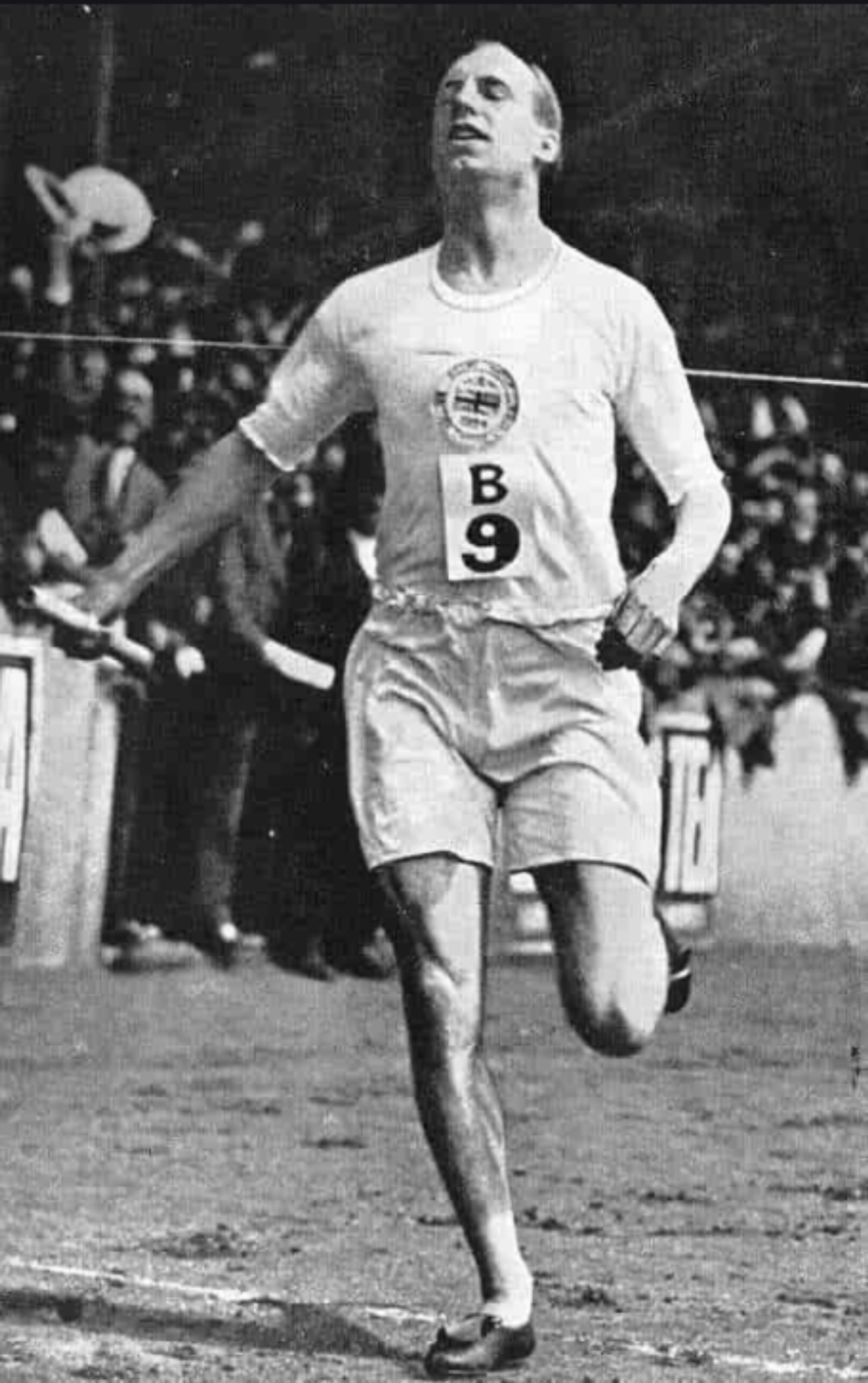
Eric Liddell
Liddell was a Scottish missionary and teacher who was born in Tianjin and spent much of his life in the city, although in Britain he is best known for his sporting prowess. He was a Scottish rugby international as well as winner of the 400m at the Paris Olympics of 1924, a feat recreated in the Oscar-winning film, Chariots of Fire.
His work in supporting the people of Tianjin was the inspiration for the service project, and we have chosen the image of the Tianjin eye, as well as a reference to that famous film, as our logo for the project team.
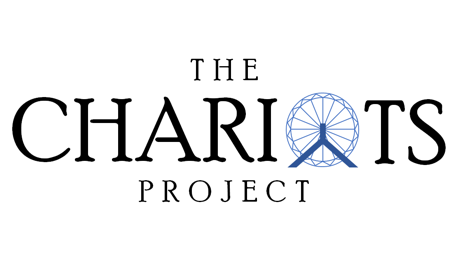
As Angelina, one of our pupil organisers commented, “Eric Liddell devoted half of his life to missionary and charity work in China. We learned about the work that he has done for the children in China and we are inspired by his warm characteristics and altruistic spirit. Liddell gave us the determination to help, as well as inspire, the less-privileged children in our local area.”
The project will run as an annual school activity. For its inaugural year, the pupils leading the project have chosen to organise a sporting and activity-based day for pupils at a local school for disabled children. We have visited the staff and pupils of the PeiZhi school several times, working with them to develop a programme that will meet the needs of the children as well as raising awareness of the discrimination still faced by many disabled young people here in China. We had the privilege of participating in several of the students’ classes, including leaf painting, Chinese gourd flute and football.
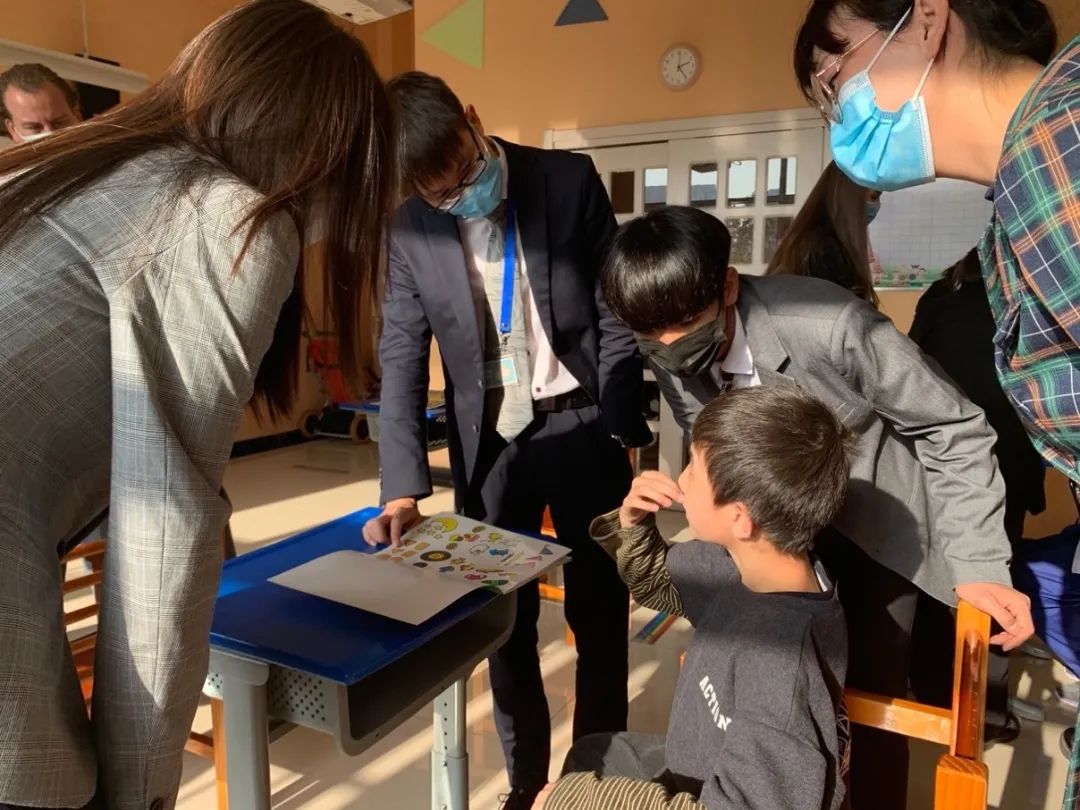
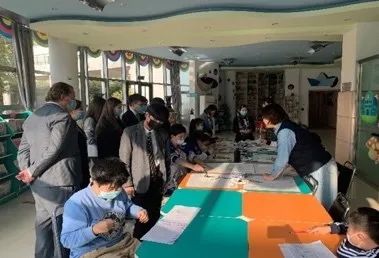
The initial school visit on 6th November. Finding out what the children need from our event was an important step in our planning.
Team branding
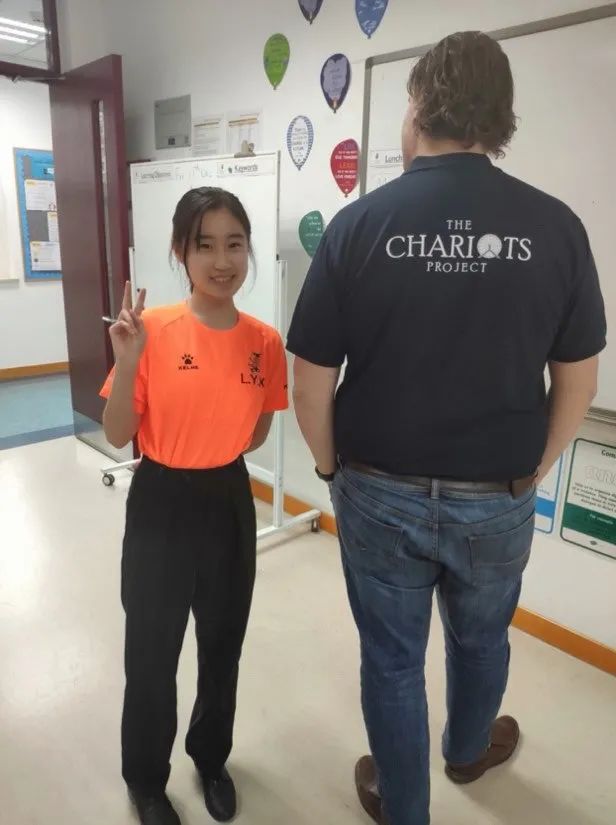
Yuxuan, from year 11, was very moved by her first visit to PeiZhi, saying after her music lesson with some of the children that, “With these children you can enjoy the absolute harmony and peace”. We are planning to introduce more music, art and sport into their visit to Wellington on 11th April.
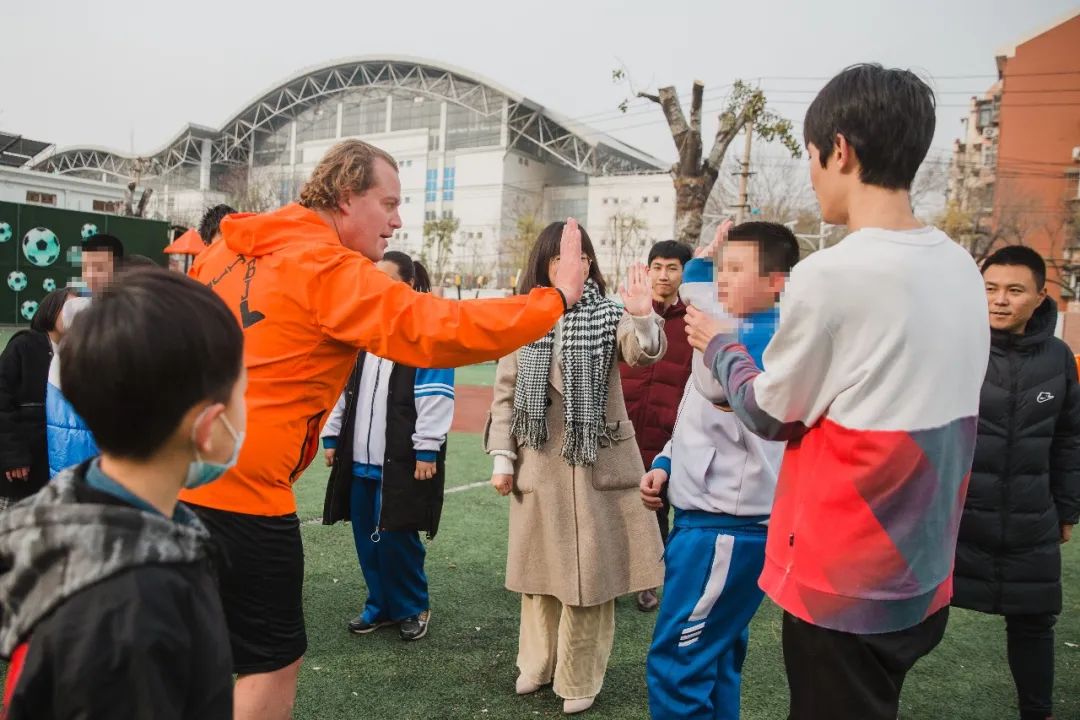
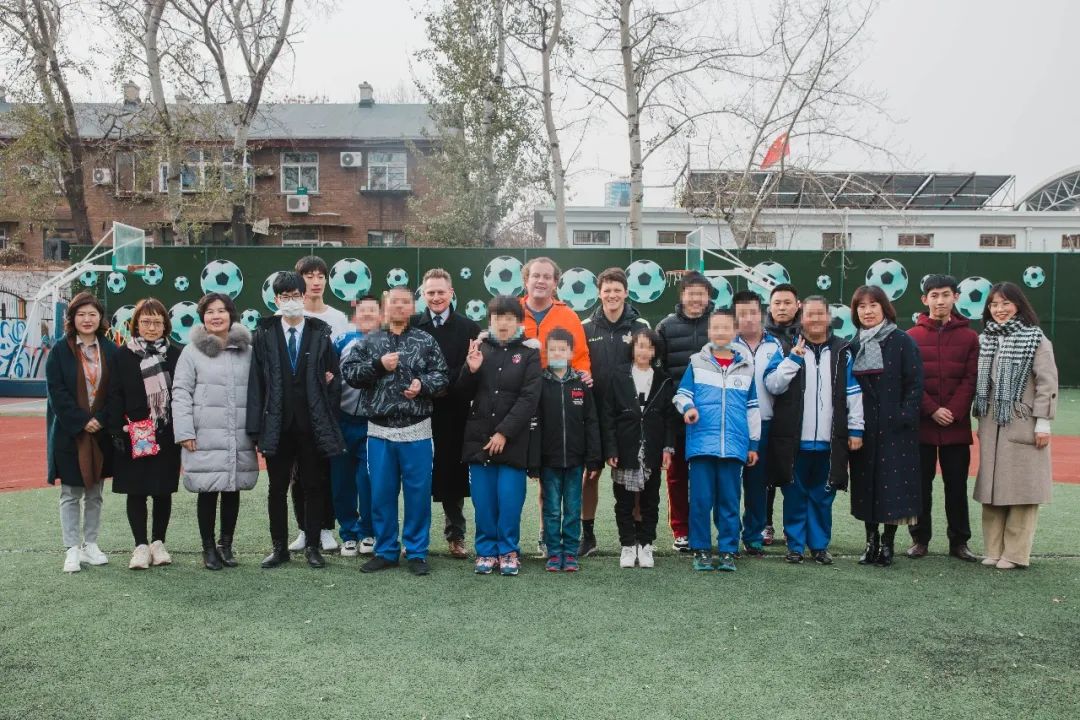
A follow-up visit to provide some much-needed football resources. Staff from Wellington also ran a coaching session for the PE class.
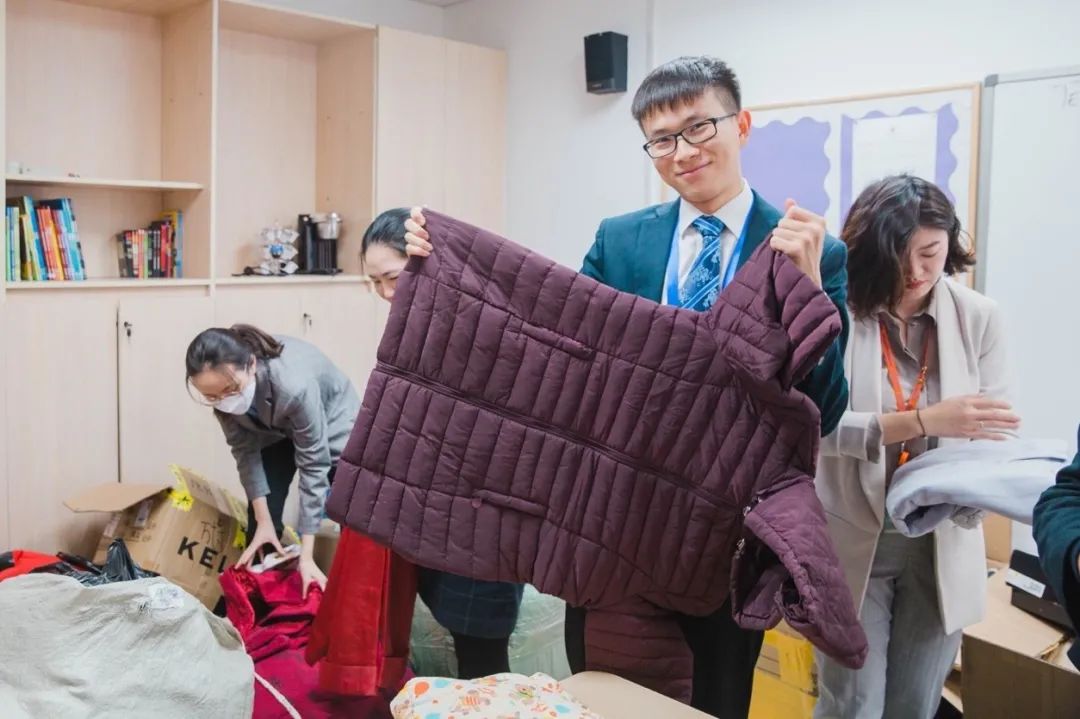
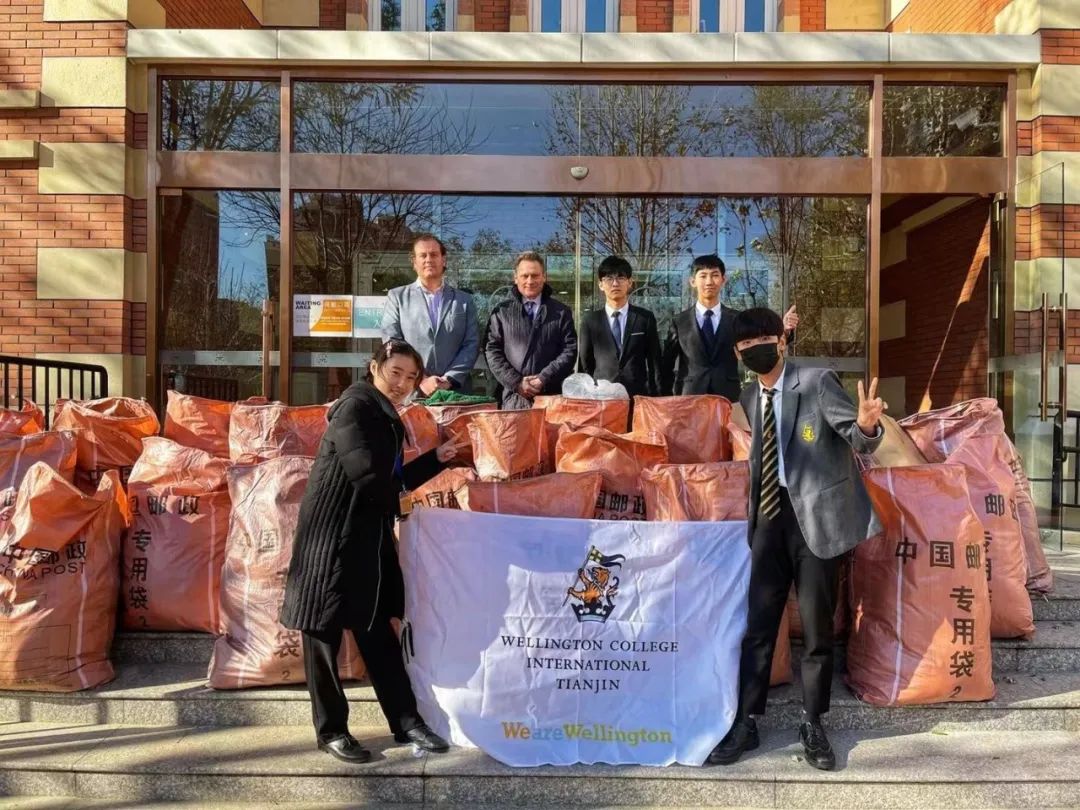
The team collected 400kg of warm clothing for Tibetan minority children in Gansu. This is a project also linked to the PeiZhi school.
Related Articles









 Channel
Channel 
 Linkedin
Linkedin  Facebook
Facebook  Ins
Ins 

